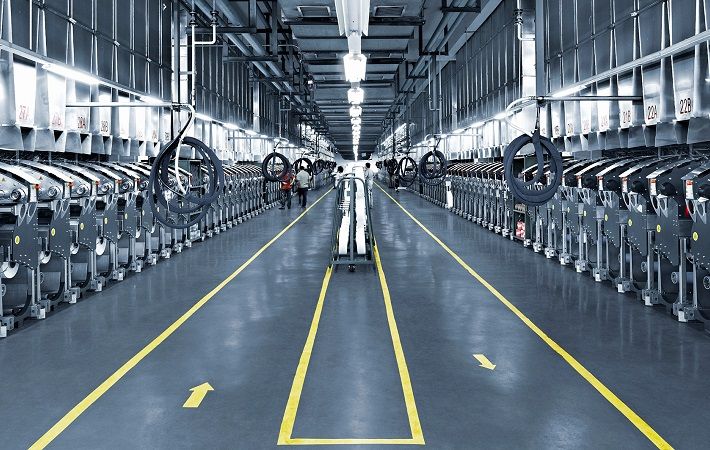
To this day, the leading manufacturer of manmade fibre spinning systems and texturing machines in Remscheid, has shaped technological progress in this sector; in future, with ever more innovations focusing on sustainability and digitalisation.
Barmer Maschinenfabrik Aktiengesellschaft (Barmag) was founded in Barmen, located in the Bergische Land region, on March 27, 1922. The German and Dutch founders entered unchartered technological territory, one created as the result of a ground-breaking invention: in 1884, French chemist Count Hilaire Bernigaud de Chardonnet used nitrocellulose to produce the first so-called artificial silk, later known as rayon. The following decades see rapid development focusing on the search for synthetic textile fibres and their manufacturing technologies, the company said in a media release.
As one of the first machine factories, Barmag battled its way through the eventful early years of the manmade fibre industry, the ‘Roaring Twenties’ and the Great Depression – and suffered the extensive destruction of its factories at the end of World War Two. It rebuilt successfully. With the unstoppable success story of purely synthetic plastic fibres such as polyamide, the company flourished from the 1950s through to the 1970s, establishing sites in all international, for the textile industry at the time important, industrial regions and garnering prestige across the globe in the process. In the ups and downs of expansion, global competition and crises, Barmag reached the very pinnacle of the market and became the preferred technological development partner for the manmade fibre industries in China, India and Turkey. The company has been a high-impact brand under the umbrella of the Oerlikon Group since 2007, the release added.
Today, Oerlikon Barmag is a leading supplier of manmade fibre filament spinning systems and part of the Manmade Fibers Solutions business unit of the Oerlikon Polymer Processing Solutions Division. “The striving towards innovation and technological leadership has been, is and will always be part of our DNA,” emphasised Georg Stausberg, CEO of Oerlikon Polymer Processing Solutions.
In the past, this has been observable in such trailblazing innovations as the revolutionary WINGS generation of winders for POY in 2007 and WINGS for FDY in 2012. Currently, the focus of new and further developments is very much on digitalisation and sustainability. Here, Oerlikon Barmag has – as one of the world’s first systems manufacturers – been implementing fully-networked smart factories for globally-leading polyester manufacturers since the end of the last decade. Within this context, digital solutions and automation are also helping to provide greater climate and environmental compatibility.
This sustainability commitment is not only evidenced by the e-save label introduced for all products back in 2004: Oerlikon is endeavouring to also make all its sites carbon-neutral by 2030 and to acquire its energy exclusively from renewable sources. An ambitious target, whose achievement could be helped by the Oerlikon Barmag anniversary, stated Georg Stausberg: “Innovation begins with creativity. And remembering the past provides plenty of motivation and inspiration for the future.”
Fibre2Fashion News Desk (KD)